The running back position is one of the most important roles in American football. It requires a combination of both speed and power, as well as superior ball-handling skills. Running backs are responsible for carrying the ball from the quarterback to gain yards and score touchdowns. As such, they must be able to identify and recognize defensive schemes quickly and make split second decisions that can ultimately decide the fate of the game.
What is a running back?
A running back, or RB, is a key offensive position in American football. The role of the running back is to run with the ball from the line of scrimmage, either to gain yards or move the offense downfield. They are usually positioned behind the quarterback and are often called upon to pass block and provide additional protection for their QB while they scan defenses in search of open receivers. In addition to running, most RBs also catch passes out of the backfield and are often utilized as an outlet receiver when plays break down.
On passing plays, RBs typically make quick decisions about whether to stay in pass protection or release into a route based on what they read from defenders during pre-snap moments. During running plays, their job is to find holes in opposing defenses and take advantage of any mismatches that may be present. They must also have good vision and decision-making ability so that they can quickly recognize which gaps should be exploited for maximum yardage. Finally, when it comes time for goal line carries or short yardage situations, RBs need strength and power to push through tackles in order to keep drives alive.
Roles & Responsibilities
In football, the running back is an important part of the offensive unit. This position requires a versatile athlete who can run and pass with equal proficiency. A running back’s primary responsibility is to carry out runs, especially short-yardage situations, while occasionally taking handoffs from the quarterback or catching passes in the flat. They must also be able to pick up blocks and protect their quarterback when needed, as well as being capable receivers. Good running backs are expected to have excellent vision and agility so they can read defenses and find holes in opposing teams’ lines. Additionally, since this position often involves contact with other players on every play, it requires physical strength, power, balance and coordination for effective execution of plays. Lastly, since this is a team sport it’s important that each player works together effectively – running backs must be able to work with their teammates on timing routes and executing exchanges at just the right time during the play.
Attributes & Skills Needed
Running backs must have the speed and agility to outrun defenders, as well as make sharp cuts in order to get past them. They must also be able to read the defense quickly and react accordingly. Additionally, running backs need excellent vision—being able to spot open holes in the defense and make split-second decisions on when to hit them is key. Physical strength is also important for a running back, as they are often required to break through tackles or take hits from defenders. As most plays require some kind of contact between the defender and runner, pain tolerance is an essential attribute for this position. Lastly, ball security is paramount—the ability to securely hold onto the ball no matter how hard a defender may try to strip it away can be a game-changer.
Strength & Endurance Training
Strength and endurance training for a running back is essential to success. Running backs must possess both the strength and speed necessary to run the ball upfield. To achieve this, they should focus on developing lower body strength through weight lifting exercises such as squats and deadlifts. Endurance training is equally important, as running backs will be relied upon to carry the ball multiple times in a game. To build their endurance, running backs should incorporate interval sprints into their workouts, changing up their speeds for short bursts of energy followed by periods of rest. Long runs are also beneficial for building endurance; however, it’s important that these don’t become too long or intense as overtraining can lead to injury.
On the Field Tactics
Runners must be able to quickly read and react to defensive schemes, find the best running lanes, and accelerate through them. Running backs should have a balanced combination of speed, agility, and power. To be successful in their position they must also possess good vision, as they need to be able to see the entire field ahead of them in order to find the right place to run. On the field tactics for a running back include being aware of where all eleven defenders are located on every play. They should also know when it is time to cut upfield or outrun defenders around the edge. Additionally, runners must maintain their composure while taking hits from opposing players and use leverage when needed by lowering their center of gravity before contact occurs. Finally, they should always strive for maximum yardage on every down and make sure that at least one foot stays in bounds if going out-of-bounds during an attempt at extra yardage.
Mental Preparedness
Mental preparedness is a crucial factor for running backs. The game of football requires anticipating the next play and pre-empting it accordingly. To be successful, players must have the ability to make quick decisions based on what they observe from their opponents and what they know about the game itself. Running backs must be able to assess open field situations, read opposing defensive sets and respond quickly with effective maneuvers that maximize yardage gains. Mental agility also comes into play when responding to audibles or changes in formation—running backs must think quickly about how best to adjust blocking assignments or readjust running paths in order to take advantage of any openings that may present themselves during a game. Additionally, good mental preparation helps players remain calm under pressure—especially during crucial moments such as goal line stands—and stay focused regardless of distractions. Lastly, mental preparedness is essential for understanding team strategy and implementing it correctly during each play.
Running Back in the NFL
Running backs are the most important offensive players on a football team. They line up behind the quarterback and are responsible for carrying the ball, catching passes, and even blocking for other offensive players. Running backs have been around since the beginning of professional football and have evolved over time to become one of the premier positions in the game.
The modern running back is expected to be an all-around threat. This means they must be able to run between tackles, catch passes out of the backfield, and block defenders in pass protection. Many teams rely heavily on their running back to move the ball downfield and score points in critical situations. The best running backs can take over a game with their playmaking ability.
In today’s NFL, running backs come in many different shapes and sizes. Teams prefer bigger backs who can power through defenses or smaller quicker players who excel at making moves in open space. A successful team will often employ multiple types of running back to keep defenses guessing from week to week.

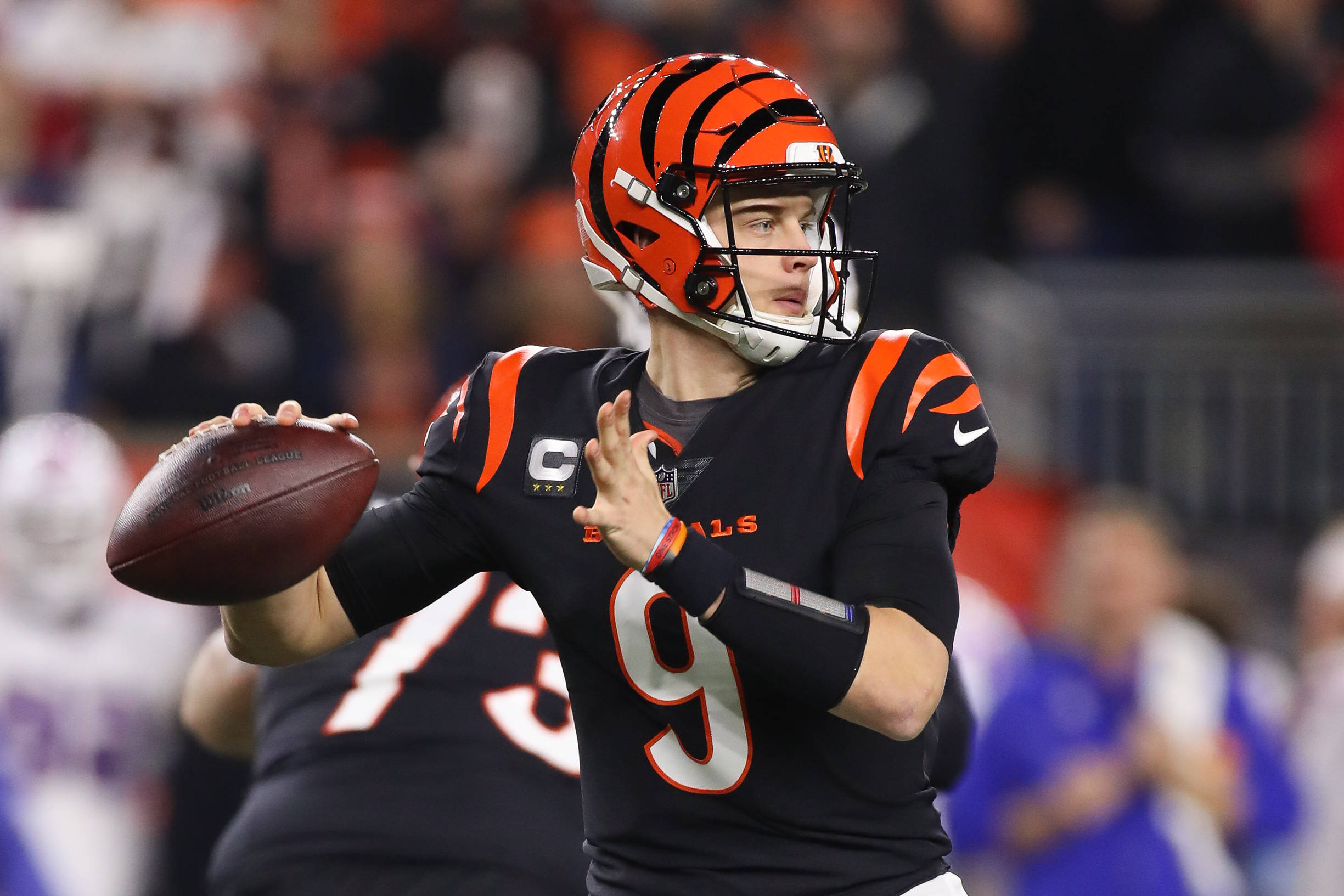
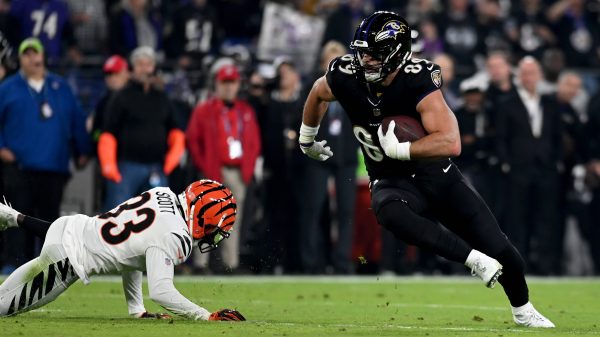


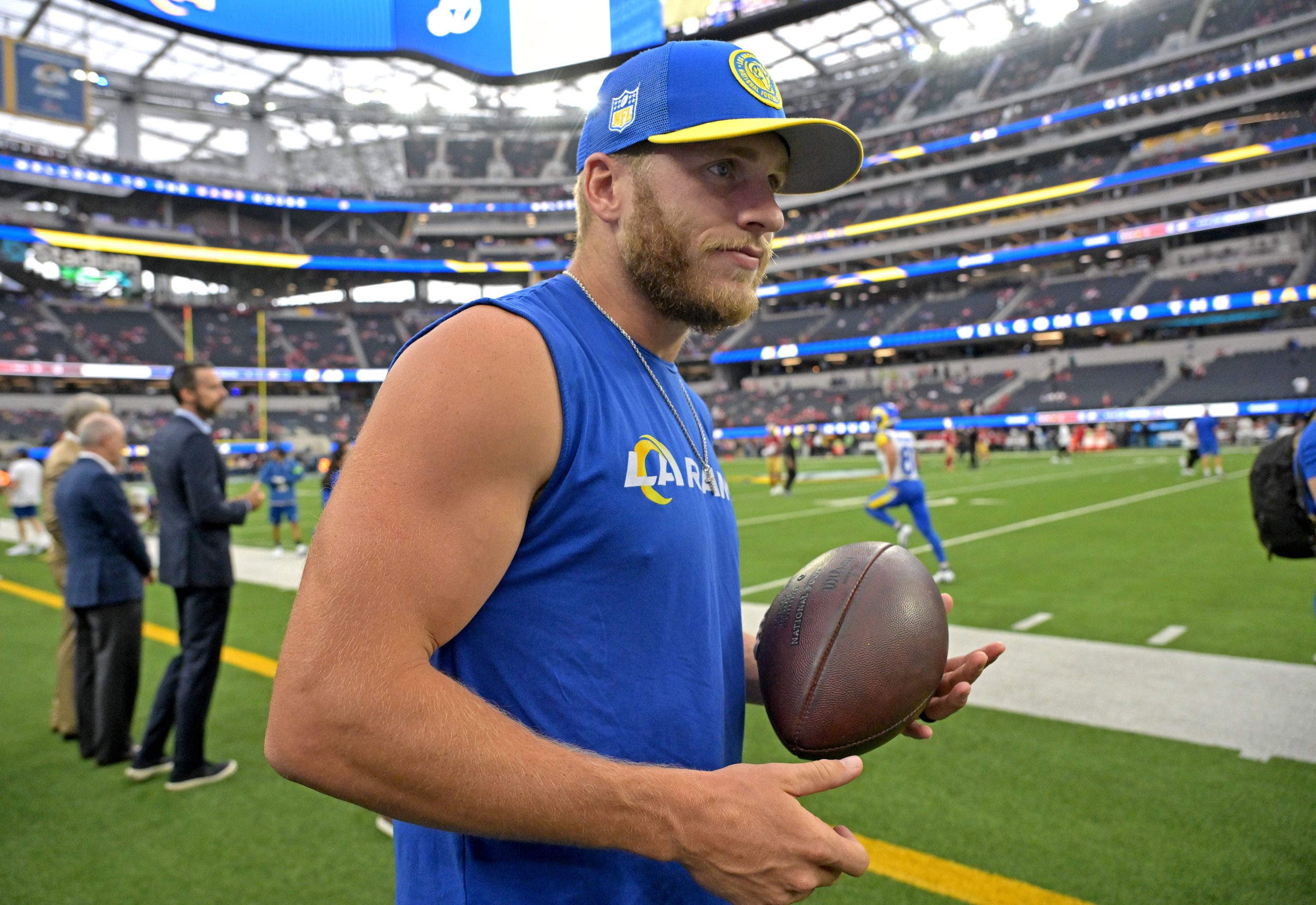





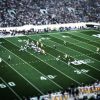
















































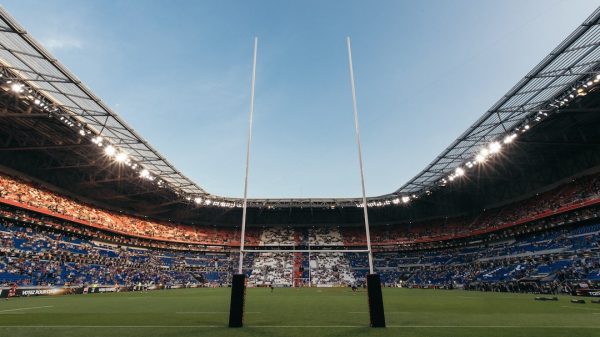

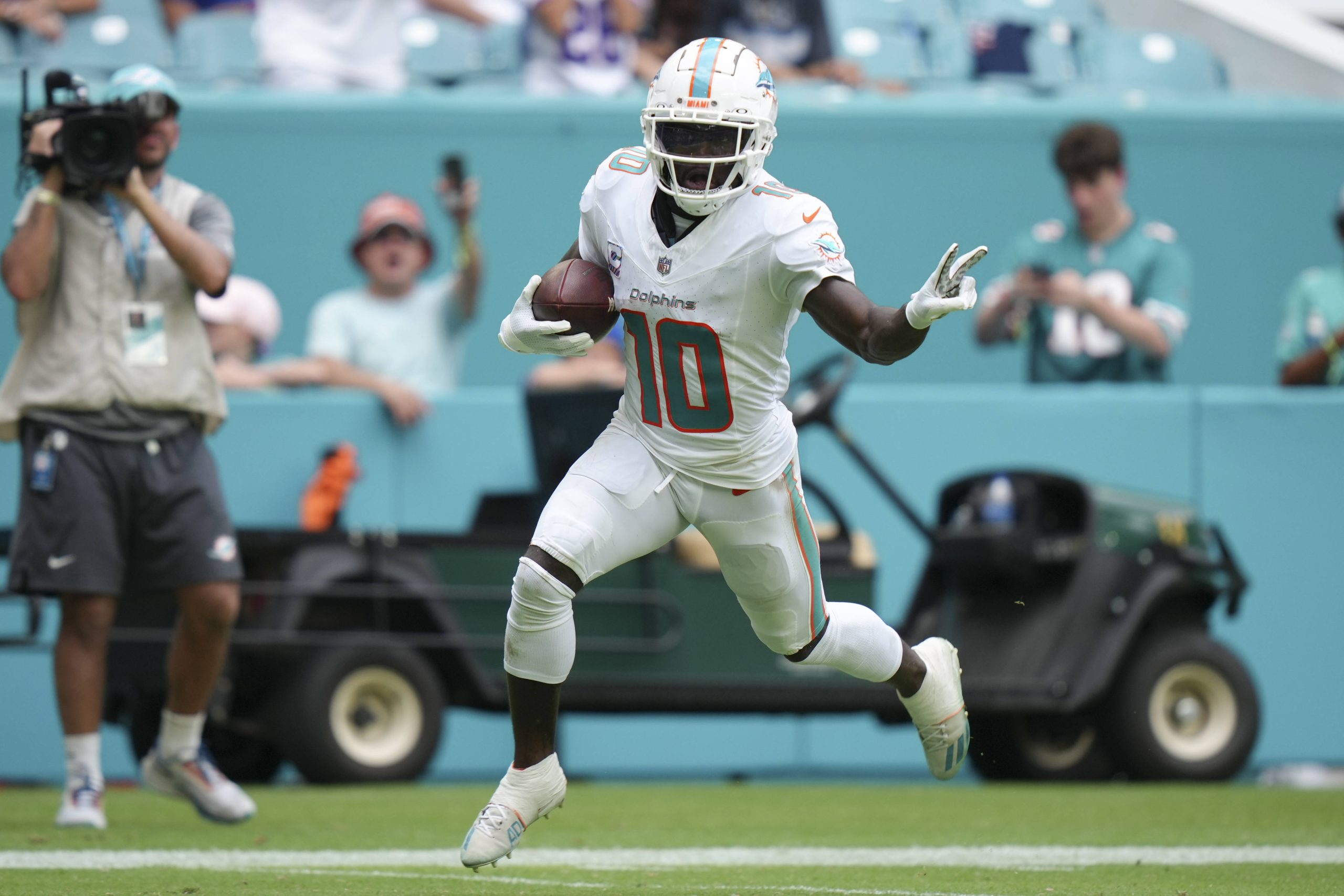
Recent Comments